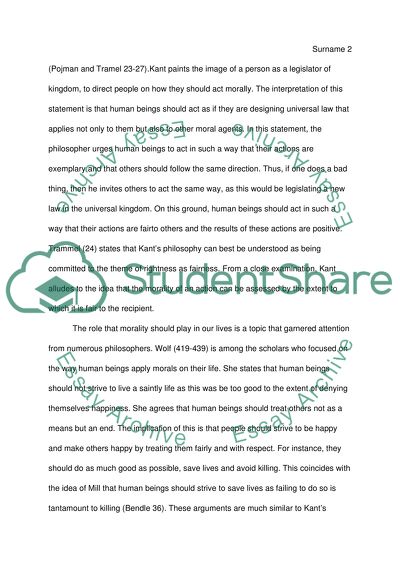Cite this document
(“Virtue Ethics Essay Example | Topics and Well Written Essays - 1750 words”, n.d.)
Virtue Ethics Essay Example | Topics and Well Written Essays - 1750 words. Retrieved from https://studentshare.org/philosophy/1665973-virtue-ethics
Virtue Ethics Essay Example | Topics and Well Written Essays - 1750 words. Retrieved from https://studentshare.org/philosophy/1665973-virtue-ethics
(Virtue Ethics Essay Example | Topics and Well Written Essays - 1750 Words)
Virtue Ethics Essay Example | Topics and Well Written Essays - 1750 Words. https://studentshare.org/philosophy/1665973-virtue-ethics.
Virtue Ethics Essay Example | Topics and Well Written Essays - 1750 Words. https://studentshare.org/philosophy/1665973-virtue-ethics.
“Virtue Ethics Essay Example | Topics and Well Written Essays - 1750 Words”, n.d. https://studentshare.org/philosophy/1665973-virtue-ethics.


